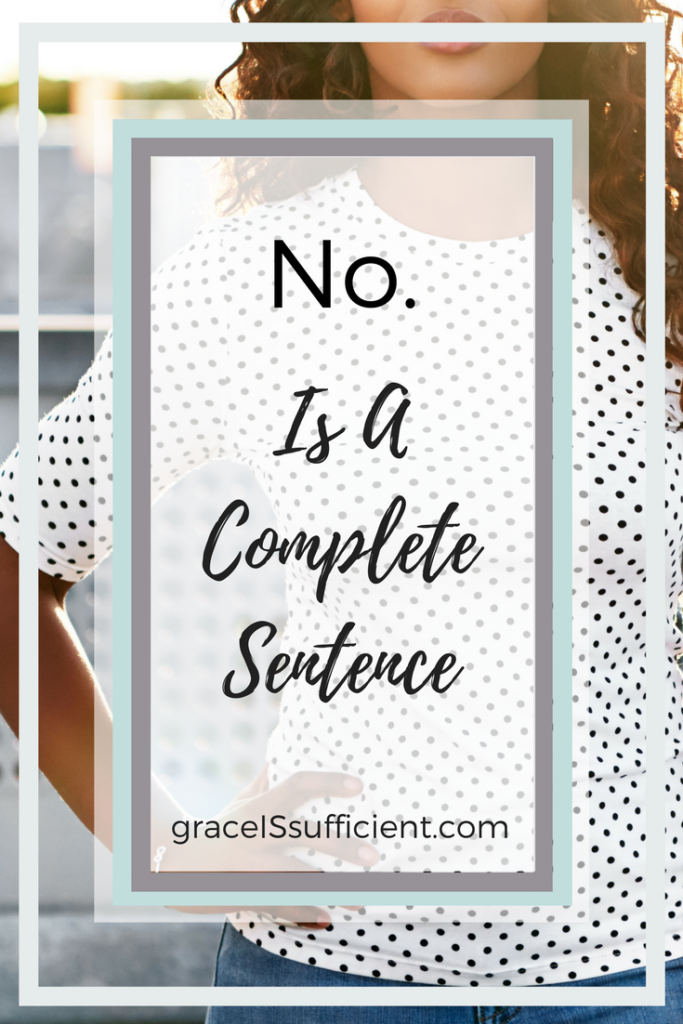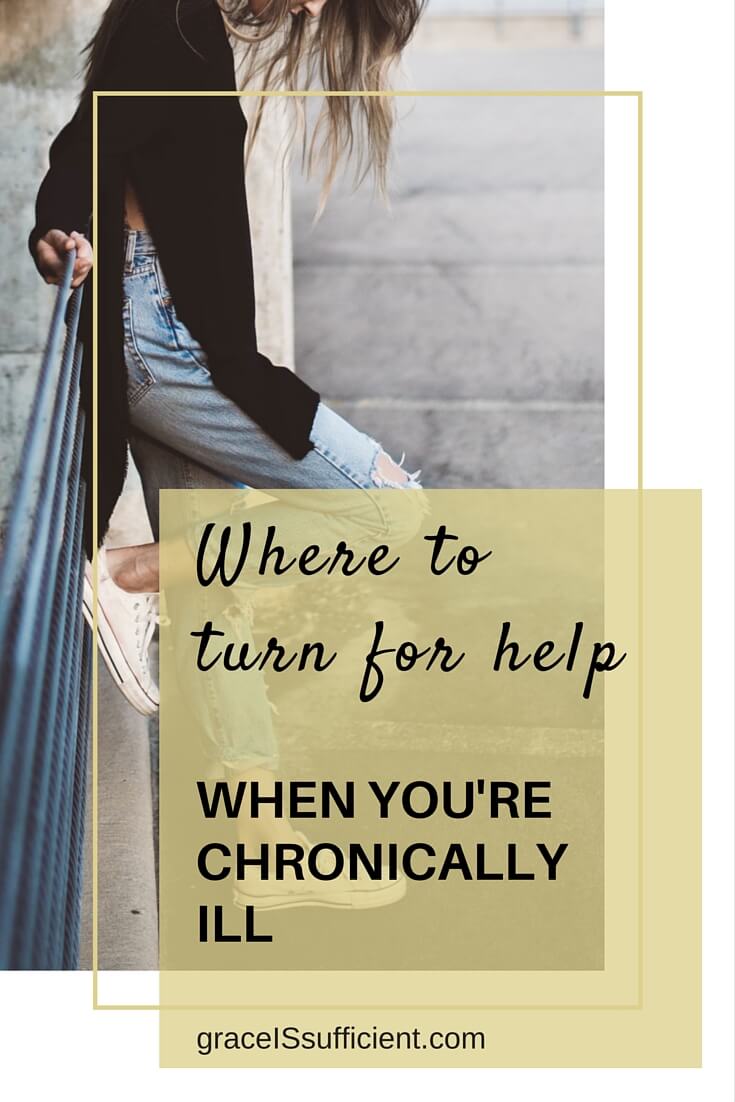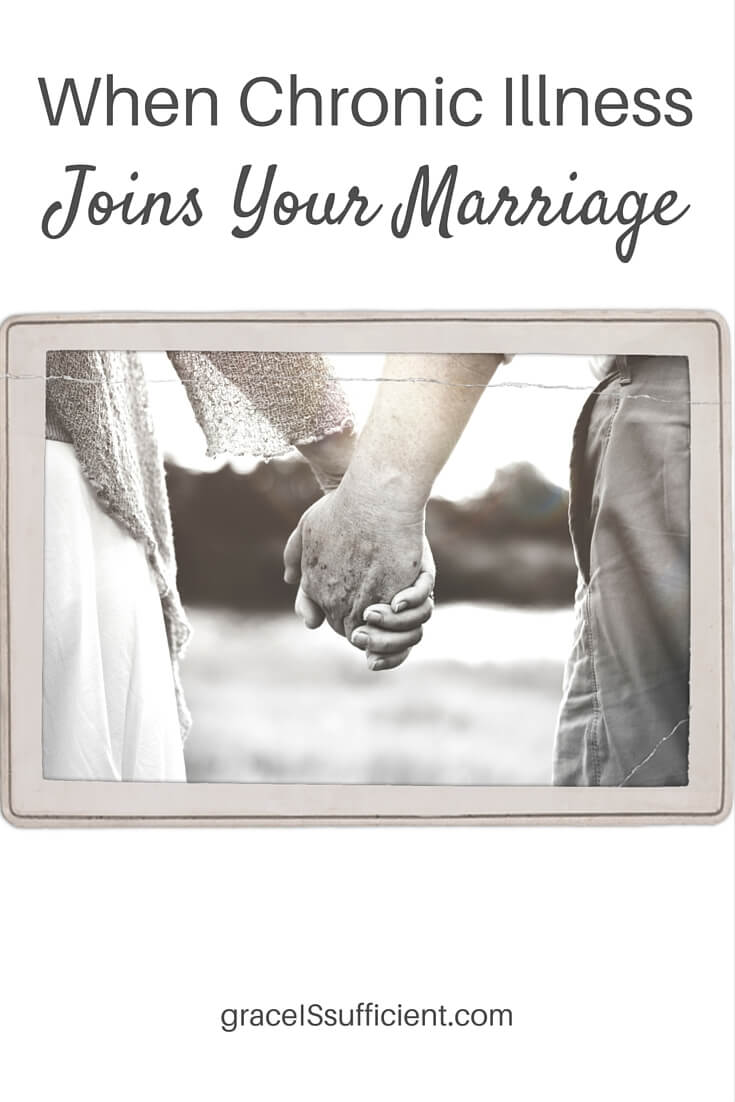I love saying yes! I love being known as dependable, someone you can call on to help whenever you need it. Plus, saying yes is just easier isn’t it?
Chronic illness has changed that for me. My habit of yes saying led me into situations where I was unable to follow through on the commitment and I became less dependable.
Learning how to say no became a necessity. However, it’s not easy to do. I thought we’d take some time to chat about the ins and outs of proper no saying.
I’ve read that the desire to always say yes may stem from a lack of self-esteem and always prioritizing the needs of others above your own. I’ve also heard that it’s more prevalent in women and can develop from overbearing parents but we’ll leave all that to the psychologists.
Maybe you’re camped out on the other side of this issue. Maybe you say yes out of a feeling of obligation when you’d rather stomp your foot and say, “No!” Or maybe you tend to say yes upfront and then agonize for days trying to figure out a way to get out of it.
Whatever your reason is for wanting to be a yes person there are a few things you should consider before you say “YES” again.
The first step is to figure out why you say yes when you should, or want to, say no.
- Are you worried people will think you don’t care enough about them and their needs? If this is the case, make sure you show you care in other ways. Send a “thinking of you” note, text them asking how they’re doing. There are a number of ways you can show you care without saying yes to a request. Remember, you aren’t rejecting the person you’re only saying no to their request.
- Are you afraid they’ll criticize you? Are you worried because this person has questioned your illness in the past or doubted your symptoms? You’re not responsible for the opinions of others. Sure, our actions do come into play with how others feel about us, but there are many cases where others just don’t understand the things we deal with in our chronic lives and nothing you say can change that.
- Do you think they won’t believe your reason for saying no? My best tip here is the actual title of this post. NO IS A COMPLETE SENTENCE. Don’t feel obligated to offer a reason/excuse. You’re the only one that can determine how valid your reason is anyway. Don’t leave it up to the judgment of others. It would be impossible to give them all the reasons that lead up to your answer in the first place. There are just too many variables when it comes to the way our chronic illnesses determine our activities – and I’ve said before, they just won’t get it unless they get it.
- Are you worried you’ll lose their friendship? If your friendship is based entirely on how often you go along with their plans the friendship is on shaky ground anyway. True friends will respect your ability to make these decisions and won’t separate themselves from you when you have to say no.
- Are you simply saying yes because you think it’s easier than saying no? Giving an immediate yes seems much easier in the moment. Unfortunately, that moment turns into an obligation that may be far from easy.
- Do you feel like you have to say yes because the person asking seems to be able to juggle so much more than you? First of all, everyone is fighting their own battles but if this is the case, more likely than not, the person asking doesn’t have a debilitating chronic illness. Or, they might just be on the verge of burnout from their own inability to say no.
- Are you saying yes just because it’s something you’ve always done in the past? A yes from your past doesn’t mean that thing has to remain a yes forever. Saying no may allow you to finally pursue something else you were previously too committed to try or it could free up more time in your day for some much-needed self-care. It may also open the door for someone else to spread their wings and step into that position.
- If you don’t work outside the home, are you just saying yes because you’re afraid they’ll wonder what you do all day and picture you in your jammies eating bonbons in front of the TV? Again, you’re not responsible for the assumptions of others.
- Are you saying yes just because you’re capable? There are millions of things we CAN do but that doesn’t mean we should or have to do them.





